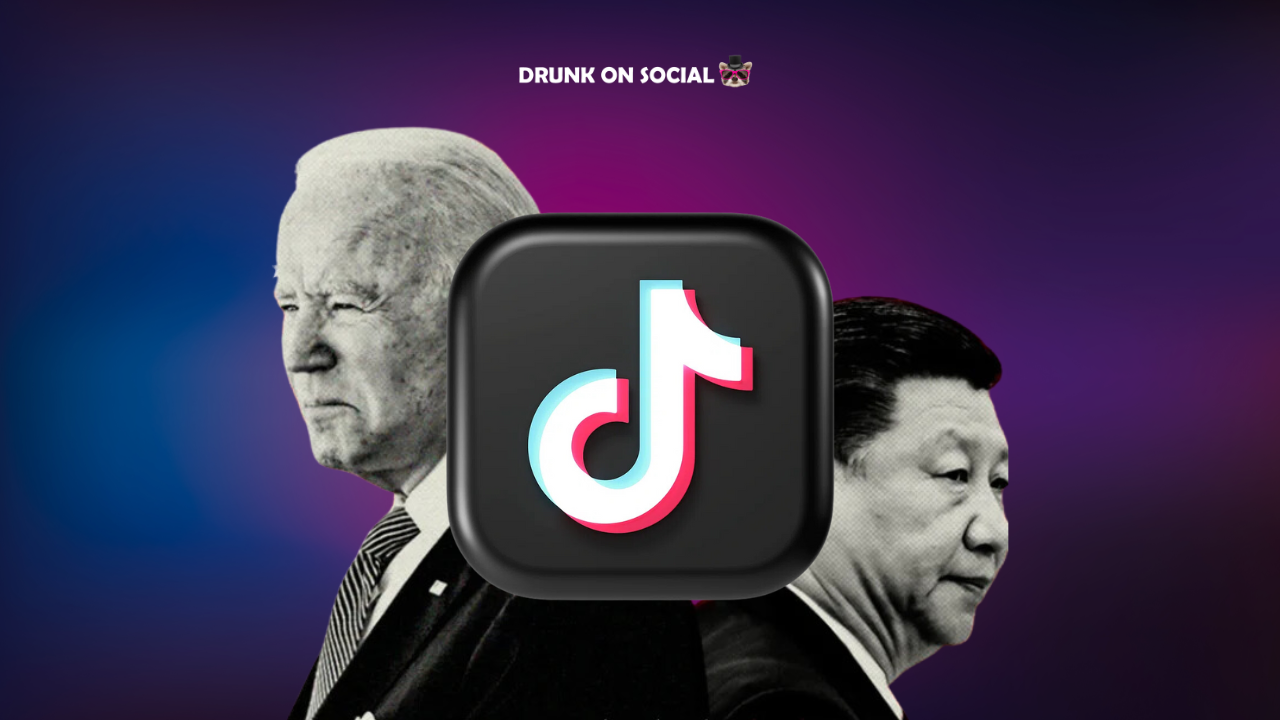TikTok’s Fate Amid Geopolitical Tensions
Is TikTok on the verge of a ban in the U.S.? The question looms large as legislative proposals and geopolitical tensions intertwine. Let’s delve into the complexities at play.
At the forefront of this discussion is a bill proposed by Rep. Mike Gallagher and Rep. Raja Krishnamoorthi, aimed at addressing national security concerns regarding foreign ownership of social media apps. The bill seeks to compel TikTok owner ByteDance to divest its ownership to American entities, citing fears that user data could be accessed by the Chinese government. While such concerns may seem abstract to many users, the potential implications are profound. Imagine a scenario where sensitive data falls into the hands of foreign operatives, enabling them to leverage it for political ends.
While TikTok has been banned on government devices across Western nations, the broader risk to users remains a point of contention. Chinese cybersecurity laws grant authorities access to user data, raising legitimate concerns about privacy and national security. Despite assurances from TikTok that it operates independently, the legal landscape in China suggests otherwise.
The recent bill’s passage by the House Energy and Commerce Committee signals a significant step toward a potential ban. U.S. President Joe Biden has expressed readiness to sign the bill into law, underscoring the mounting pressure on TikTok.
Geopolitical tensions between the U.S. and China further complicate the situation. Continued sanctions and technological restrictions have strained relations, making a TikTok ban increasingly plausible. The U.S.’s opposition to China’s policies on Taiwan and its support for Russia’s actions in Ukraine exacerbate the rift, creating a fertile ground for punitive measures.
Additionally, concerns over foreign influence in U.S. elections add fuel to the fire. Instances of Chinese-backed influence campaigns on social media platforms highlight the broader threat posed by foreign-owned apps like TikTok. The platform’s recent attempts to mobilize users against the proposed bill have only heightened scrutiny from lawmakers.
However, TikTok does have influential backers, albeit for self-serving reasons. Former President Donald Trump opposes the ban, citing concerns over Meta’s dominance in the social media landscape. His stance, while aligning with TikTok’s interests, reflects broader political motivations rather than genuine security concerns.
Elon Musk’s support for Trump’s stance further complicates the narrative, blurring the lines between national security and corporate interests.
In the end, the fate of TikTok hangs in the balance of political maneuvering and international dynamics. While a ban seems increasingly likely, the legislative process and partisan divides may ultimately determine its outcome. Nonetheless, the specter of geopolitical tensions and the broader implications for data privacy and national security ensure that TikTok’s future remains uncertain. Whether it’s now or in the future, the app’s existence will continue to be threatened by the ever-evolving landscape of global politics and technology.


